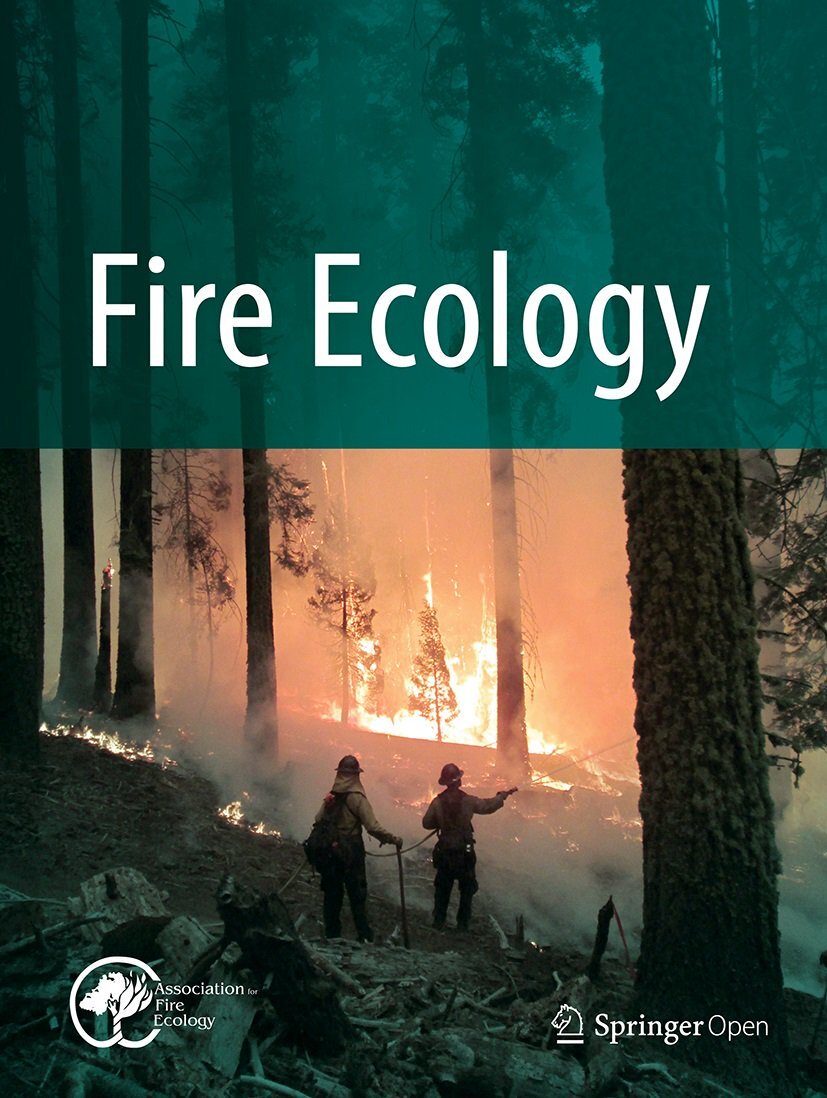February 19th at 3:30pm PST
Abstract: Area burned by wildfires has substantially increased in recent decades in western US forests. Over this time period (mid-1980’s –present), western US forests have experienced individual years with exceptionally high area burned, leading some to conclude that recent years are ‘unprecedented’. Although it is well documented that wildfire was fairly common across many forest types prior to colonization by Europeans, questions remain as to whether fire activity in some of the individual recent years (e.g. 2020) begins to approach or exceed what occurred prior to widespread fire exclusion. At the same time, many practitioners and scientists have suggested that fire severity (i.e. ecological effects of fire) is far more important consideration than metrics of area burned and fire size. In this presentation, I’ll contextualize contemporary fire regimes, in terms of both area burned and fire severity, with comparisons to historical fire regimes. I’ll also present some new research showing projected fire regimes under ongoing climate change.
Bio: Sean Parks is a Research Ecologist with the Rocky Mountain Research Station, US Forest Service. Sean holds a BS in Environmental Management and an MA in Geography, both from UC Davis. He also holds a PhD in Forestry and Conservation from University of Montana. Sean’s research interests include fire-climate relationships, departures between historical and contemporary fire regimes, prescribed fire in wilderness, and how climate-induced species range shifts will or will not unfold. Sean is enthusiastic about using wilderness as a natural laboratory for studying fire!



